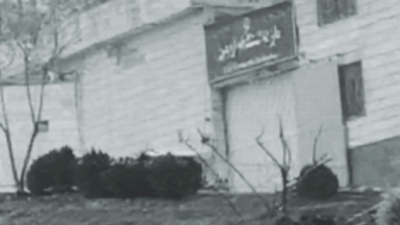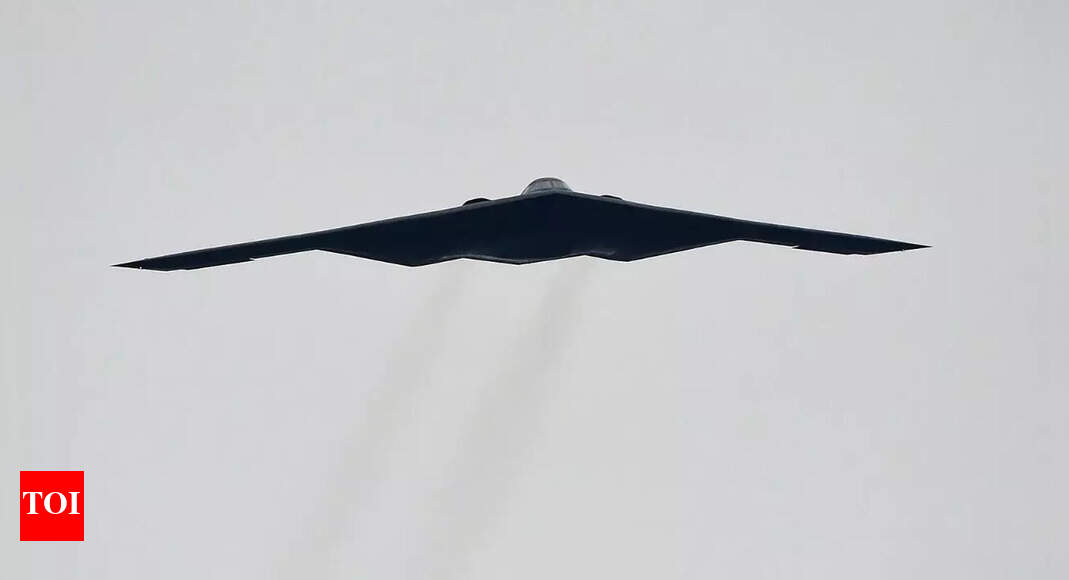Israel-Iran war: Evin prison hit in suspected Israeli strike; Fordo nuclear site targeted again in escalating conflict

A suspected Israeli airstrike struck the gate of Iran’s notorious Evin prison in Tehran on Monday, Iranian state television reported, as the Israel-Iran conflict entered its 11th day with intensifying military exchanges. Surveillance footage aired on local media showed what appeared to be a drone strike on the prison known for housing political dissidents, dual nationals, and Westerners used by Iran as bargaining chips.While Israel has not acknowledged responsibility for the strike, its military confirmed it was conducting “a series of strikes toward military targets in Tehran.” AFP journalists in the capital reported hearing loud explosions around midday.Evin prison, already under US and EU sanctions, houses special units run by the Islamic Revolutionary Guard Corps (IRGC), which reports directly to Supreme Leader Ayatollah Ali Khamenei.In a separate development, Iran’s underground nuclear enrichment facility at Fordo was hit again on Monday following a US strike on the same site a day earlier. Iranian state media confirmed the renewed attack but did not provide details on damage or the entity responsible. The US had used 30,000-pound bunker-buster bombs in its Sunday assault on Fordo, Natanz, and Isfahan, drawing sharp criticism from Tehran.The head of the UN nuclear watchdog, Rafael Grossi, said on Monday he expected “very significant damage” at Fordo due to the heavy payloads used.Iran has since launched a salvo of missiles and drones targeting Israeli cities, including Haifa and Tel Aviv, describing the new wave as “Operation True Promise 3.” Israel’s defense systems responded with interceptions across northern and central regions, including Jerusalem, where explosions were also reported.Iranian Gen. Abdolrahim Mousavi warned that the US strike had crossed “a very big red line,” saying Iranian forces now had a “free hand” to retaliate against American military assets in the region. “This is tantamount to an invasion,” he said.With tens of thousands of US troops stationed across the Middle East within Iranian missile range, global leaders urged restraint. EU foreign policy chief Josep Borrell called for urgent de-escalation, warning of “huge” risks if the Strait of Hormuz were closed, a move Iran has repeatedly threatened in the past.Meanwhile, diplomatic efforts continued. German foreign minister Annalena Baerbock urged Tehran to return to direct negotiations with the US, while Iranian Foreign Minister Abbas Araghchi traveled to Moscow for talks with President Vladimir Putin, seeking support from one of Tehran’s key allies.





